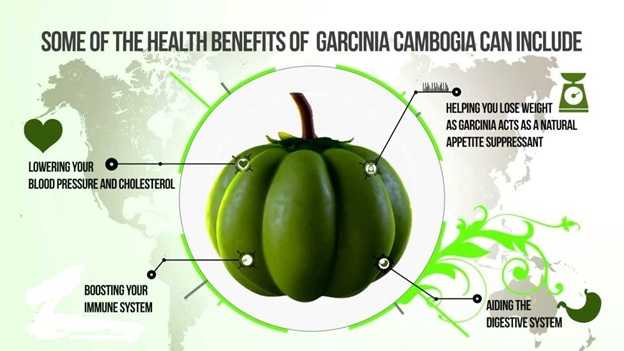Patients who have stopped using opiates and experienced withdrawal often ask about ways to feel more energised. It might be difficult to stop using opioid medicines like Oxycontin, Opana, Dilaudid, Percocet, and Vicodin after prolonged use. The weeks that follow are not either. Your brain produces less dopamine neurotransmitter, which is associated with rewards and pleasure after you quit taking opioid medicines. Long-term opioid users not only suffer from dopamine insufficiency, but they also often ignore other aspects of their health. The capacity of many individuals to eat, rest, and walk about is normally lowered or interfered with. Everyone has the capacity to revive their body and minds and return to optimum performance, despite the lack of magic cures or fast solutions. Healing is a method that necessitates consideration and tenderness. A plan of action is beneficial. Create a habit-tracking method that effectively uses the materials you need. Start with these few adjustments, and then add more that give you more energy to support your choice to abstain from drugs.
Throughout opioid addiction therapy, it may be painful to manage the withdrawal symptoms of opioid addiction. Many patients may find opioid withdrawal draining; therefore, they must develop coping mechanisms. Although adopting a healthy lifestyle may be beneficial, fatigue and other symptoms might also be signs of a more severe medical condition. Consider using any of these post-withdrawal energy boosters to speed up your recovery.
- Engaging in regular exercise
By increasing the body’s endorphin production naturally, exercise may increase energy levels during withdrawal. If you don’t believe you have the energy for a vigorous exercise, ease into it by doing some light stretching, yoga, or walking. By establishing a mental connection between the two, regular exercise may aid in making you feel more energised and motivated. Depending on what you find most attractive, you may get some workout by engaging in sports or embarking on a walk.
- Diet and Nutrients
Malnutrition is often an obvious sign of withdrawal from opioids since opioid addiction may change a person’s eating habits. What you eat and opiate addiction both have an impact on the brain’s neurotransmitter levels and your energy levels. Your body will gain more from a healthy diet while it is recuperating. With the help of your treatment team, nutritional deficiencies brought on by addiction can be corrected.
- Positive Distractions
Some persons experiencing opiate withdrawal and poor energy exacerbate their situation by obsessing about narcotics. Anxiety over resuming opiate use may be brought on by exhaustion and other withdrawal symptoms, which may worsen it. You might attempt to divert your attention healthily by engaging in a hobby or devoting time to loved ones. You may learn coping mechanisms for dealing with triggers with the aid of an addiction therapist.
- Regular Sleeping Hours
The symptoms of addiction withdrawal may prevent someone from getting adequate sleep. Early in your recovery, you must get enough rest so your system can adjust to the new situation. Creating some healthy practices can aid in your quest for the ideal sleep. The solutions discussed include keeping to a regular bedtime and taking brief naps.
A Word from Taylor Recovery Center in Dallas
Taylor Recovery Center’s goal is to make withdrawal as fast, pleasant, and effective as feasible. We have led the way in the field of medication-assisted treatment for opiate addiction for more than 20 years. Contact Taylor Recovery today.



